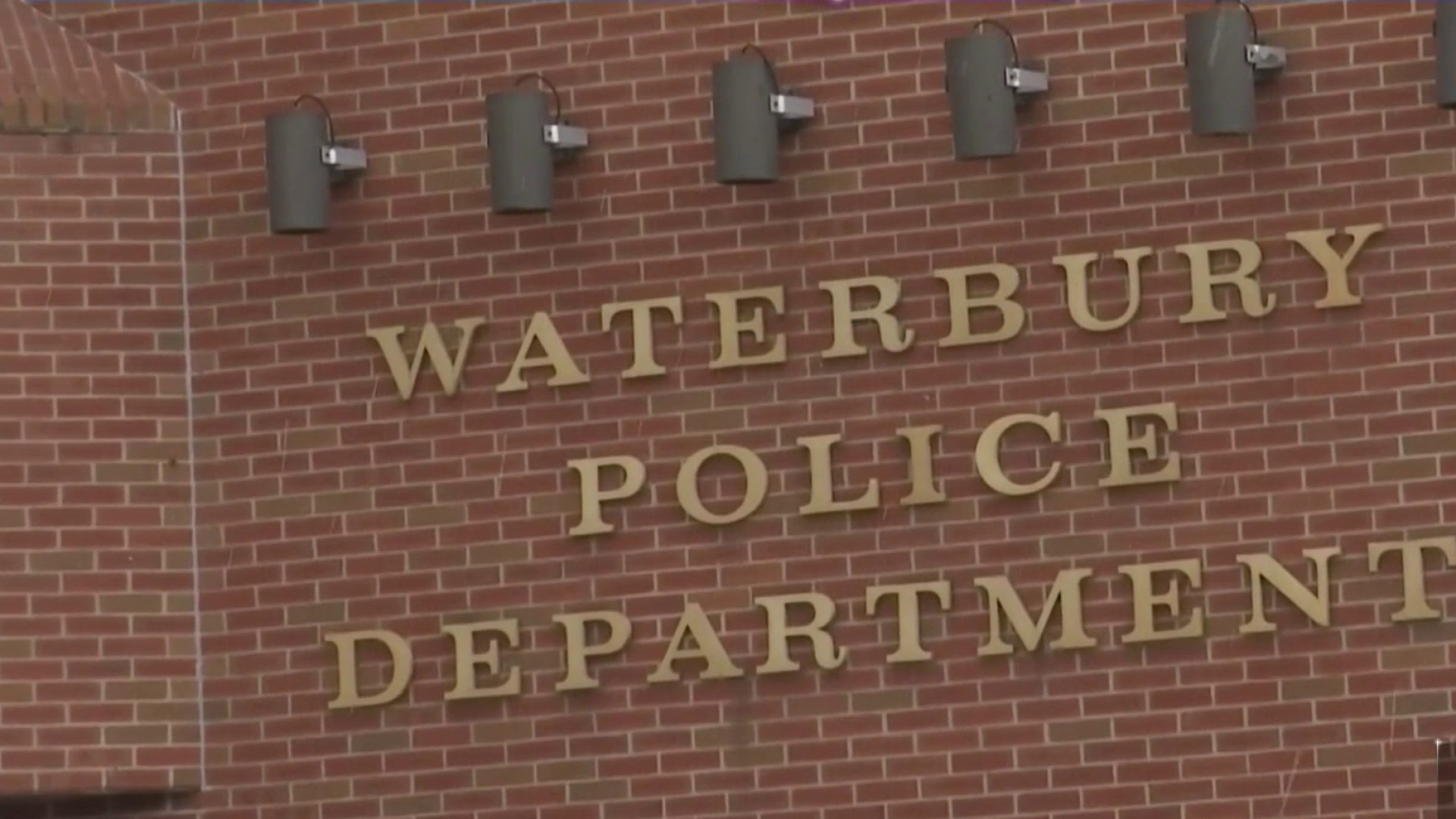A second Trump administration could affect those from abroad who are living in Connecticut, whether legally or otherwise.
Everyone from college students to refugees could be impacted.
With the start of a second Trump administration about seven weeks away, some are worried he could order a travel ban like he did in 2017.
That’s especially the case for international students, including at UConn.
Get top local stories in Connecticut delivered to you every morning. Sign up for NBC Connecticut's News Headlines newsletter.
“I've heard that from a few students now and the biggest concern for them really is just kind of understanding where exactly the transition lies, right? How quickly will new laws be enacted? Will that be enough time for them to visit? Should they come back before the inauguration?” Muneeb Syed, UConn Muslim Student Association president, said.
At a campaign event in 2023, Trump said, according to NBC News, “We aren’t bringing in anyone from Gaza, Syria, Somalia, Yemen or Libya or anywhere else that threatens our security.”
Some universities – including Wesleyan – have urged international students to return to the U.S. before Jan. 20.
Local
They say it’s a way to avoid potential problems re-entering the country amid uncertainties around Trump’s plans for immigration policies.
“That's really the hardest thing. You have people coming up with plan A, B, C, D, E,” Syed said.
UConn said it also urged international students to return by Jan. 19, though they say it was not directly because of any possible policy changes.
They are monitoring that and how they could affect the school community.
At IRIS in New Haven, the presidential transition brings concerns for immigrants in general, as well as the thousands they have helped resettle here including from Haiti, Ukraine and other countries.
“They don't know what to do. There aren't any really easy answers. Because across the board, in terms of what the incoming administration is saying, there is really no safe order, even for those who have legal status to be here,” Maggie Mitchell Salem, IRIS executive director, said.
They worry about a range of possibilities, including visas and special temporary protective statuses being revoked.
IRIS is helping people understand who could be potentially impacted and has a small team of lawyers working with others around the country.
“We are all just trying to share resources, information. And it's going to sound ridiculous, but some measure of comfort and compassion, which is sometimes the only thing that you can really credibly do at a time like this,” Salem said.



